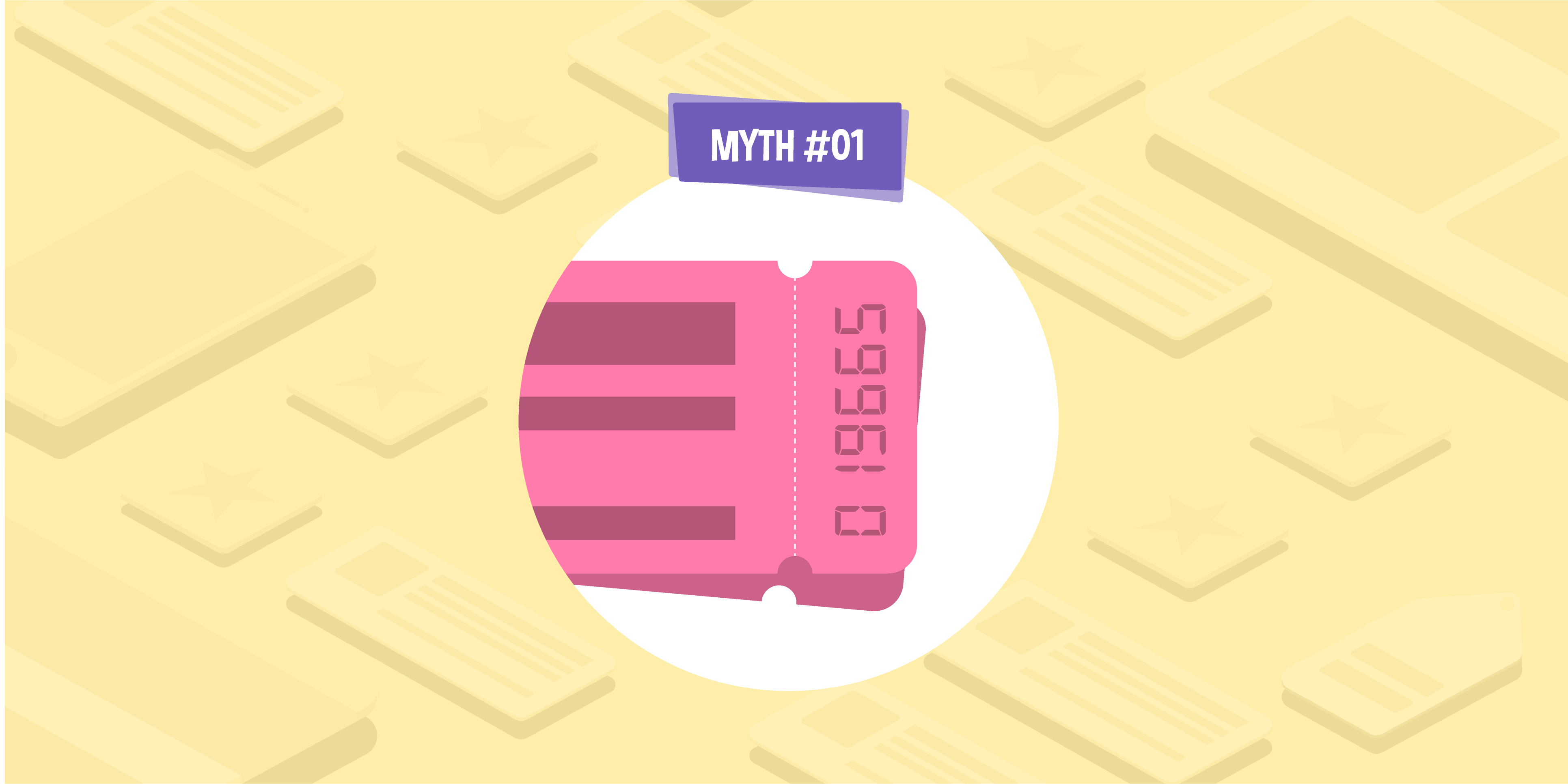
- 20 Nov 2015
- 4 Min read
Industry round-up: Data glitches and platform updates
It’s been quite a week for digital marketers. We’ve witnessed everything from data glitches and social platform updates to a pretty controversial digital dispute. In this industry round-up we give you the low-down on the latest developments in the ever-changing world of online marketing.
Stuck on you: Google Search Console data stops working again
The search analytics API within Google Search Console initially stopped updating just over two weeks ago, on 3 November. After a few days of waiting (and eager refreshing), the bug looked to be fixed when data started to catch up, with results showing from 5 November.
However, on 17 November it became apparent that results were stuck again, with search analytics unavailable for dates after 12 November. The usual two/three-day delay seems like a distant memory as we’re stuck with a delay of more than one week. Frustration is evident in this Google Webmaster discussion, which is still receiving complaints from marketers unable to retrieve much-needed data.
Google has acknowledged the problem and is currently working on fixing the missing search analytics. In an announcement on Google+, a Google rep said we can expect the issue to be resolved by the end of this week.
While there seems to be light at the end of the tunnel, the recurring problem raises the issue of why these glitches are happening, and the impact they are having on businesses and marketers.
Marc Swann, Search Director at Glass Digital, said: “While the Google Search Console has come a long way from where it was even a few years ago, the significant changes have led to a number of teething problems. However, we’re confident that it is something Google will fully resolve as it won’t want to be repeating instances like this regularly.”
Google+ gets a makeover
Whether you work in-house or at an agency, you’ve probably had to learn how to navigate the Google+ user interface (UI) at some point. If you found this experience confusing, you’re not alone. In fact, on 27 July 2015, Bradley Horowitz (the Google executive who launched the platform) admitted to Tech Insider that “it’s time for a ‘pivot’… or more precisely time to talk more openly about a pivot that’s been underway for some time”.
This ‘pivot’ presented itself as a complete redesign of Google+ on 17 November. Most notably, the change has placed emphasis on the Communities and Collections features, which allow users to discuss their interests easily. The revamp has also made the UI simpler to navigate, having been rebuilt across web, Android and iOS platforms for a faster experience.
It is hoped that the new Google+ update will help businesses to engage more effectively with users, as well as improve their standing in Google search rankings. This is because shares on Google+ posts act as social recommendations, which can subsequently influence what users see on search results pages when they’re logged in.
Jade Denby, Head of Outreach at Glass Digital, said: “The new Google+ focus on community groups and interests should make it easier for businesses to connect and interact with potential customers. A lot of old functions such as circles and hangouts have now been hidden, which means that content is the key focus, enabling a business’s communications to stand out better in the news stream.”
Rumble in the SEO jungle
This week also saw a bit of a kerfuffle between three SEO heavyweights. It started when Moz founder Rand Fishkin purportedly announced that Google employees don’t input any ranking signals into machine learning, which suggests that it is a main aspect of the search engine’s algorithm. This was quickly picked up by Twitter users, which led to an ambiguous response from the head of Google’s web spam team, Matt Cutts (see above).
While this might not appear all that controversial, the matter took an unexpected turn when web expert Barry Schwartz published a commentary article on Search Engine Roundtable. Within his article, Schwartz asserted that Cutts was “clearly upset” by the Moz owner’s comments, which compelled Fishkin to contact Schwartz about these views.
In the email, which has been made public, Fishkin said that he was misquoted and he felt Schwartz had misrepresented the meaning of Cutts’ response, saying he didn’t think the tweet “suggests nearly the level of emotion or frustration that your article ascribed to it”.
Schwartz continues to defend the purpose of his article, however he has since published a clarification about the misunderstanding.
For more industry updates and insights, follow our social media pages. Connect with us on Twitter, Facebook, Google+, and LinkedIn.





